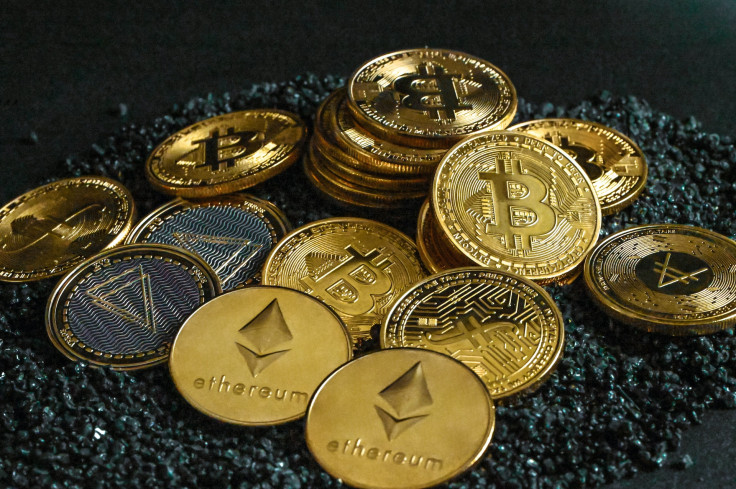
KEY POINTS
- Krugman criticized Donald Trump's plan for a US Bitcoin stockpile
- He also said Bitcoin is only useful for money laundering and extortion
- Krugman said after the FTX collapse that crypto will likely not survive regulation
The broader cryptocurrency community is known for its unity, and their deep-rooted convictions over the revolutionary technology was once again in full display after Nobel Prize-winning economist Paul Krugman said Bitcoin remains "economically useless" more than a decade since it emerged.
On Trump's $BTC stockpile proposal
Krugman wrote in an op-ed for the New York Times this week that Republican presidential candidate Donald Trump's proposal to implement a Bitcoin stockpile if he is elected was a "government bailout for a scandal-ridden, value- and environment-destroying industry."
Trump said during the Bitcoin 2024 conference in Nashville that if he wins the November elections, he will make sure that U.S. government doesn't sell any of its seized $BTC.
On Bitcoin's economic contributions
Krugman, who won the Economics Nobel Prize in 2008, also said Bitcoin hasn't done anything for the economy since its inception. "The truth is that Bitcoin, which was introduced 15 years ago, an eon in tech time, remains economically useless," he wrote. "A couple of exceptions to its uselessness are money laundering and extortion," he added.
Years of skepticism
The macroeconomics expert has been a crypto skeptic for years. In 2022, he wrote that it seemed likely the cryptocurrency industry "couldn't survive regulation." His op-ed was written after the demise of FTX, the collapsed crypto exchange founded by fraud convict Sam Bankman-Fried.
"Cryptocurrencies have made almost no inroads into the traditional role of money. They're too awkward to use for ordinary transactions. Their values are too unstable. In fact, relatively few investors can even be bothered to hold their crypto keys themselves," he wrote at the time.
On the contrary, crypto firms are rallying to urge financial regulators for regulations specific to the industry. Multiple crypto platforms are engaged in legal battles with the U.S. Securities and Exchange Commission (SEC), seeking regulatory clarity and possibly, new rulemaking to address the specific issues within the sector.
Crypto users erupt
The crypto community on X were apparently displeased with the way Krugman aired his thoughts about Bitcoin, with many calling out the awarded economist for his wrong projections in the past.
John Haar of crypto platform Swan Bitcoin said Krugman said financial markets will "never" recover in 2016. "LOL imagine taking this guy seriously," Haar said. One user said "short sightedness can be a real problem," attaching a 1998 statement by Krugman, wherein he said the world will realize by 2005 how the internet's impact on the economy "has been no greater than the fax machine's."
Some questioned why Krugman was being given a platform for his supposed "pathetic views," while others asked why he was circulating "old FUD."
Bitcoin down
Meanwhile, Bitcoin prices have been down since Tuesday. The digital coin is currently trading in the $66,000 lows, as per CoinGecko data. It nearly hit $70,000 over the weekend after the Nashville conference but plunged after news emerged of the U.S. government moving some $2 billion worth of seized Bitcoins.







